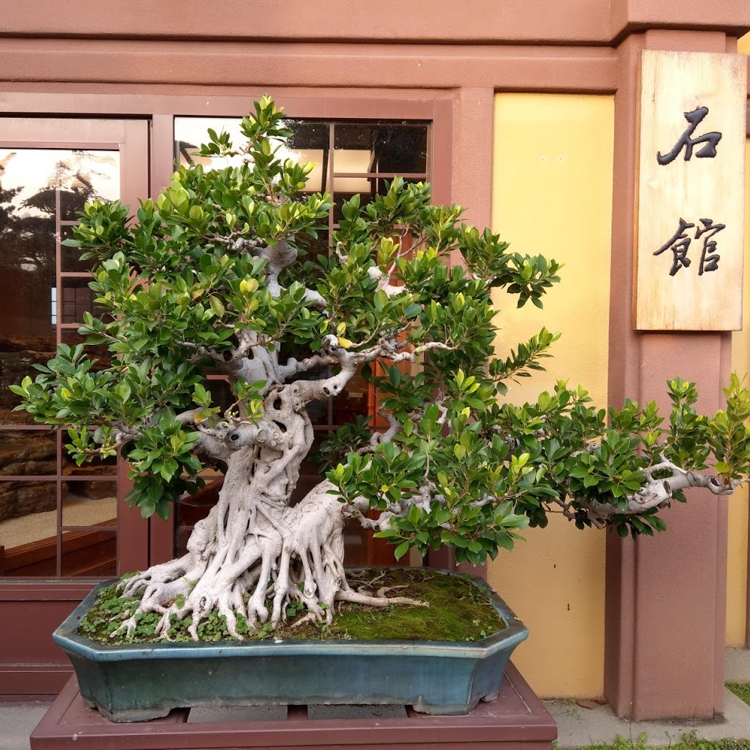Emerging Australian and international evidence published by MDPI in June 2020 indicates that practising Tai Chi Qigong has positive impacts on immune system functioning and inflammatory responses.
The Effects of Tai Chi and Qigong on Immune Responses:
A Systematic Review and Meta-Analysis
Medicines 2020, 7, 39; doi:10.3390/medicines7070039
The effectiveness of the human immune system to prevent disease and aid recovery is critical.
In the current COVID-19 pandemic, humanity is facing one of its greatest public health challenges with more physical and psychological demands placed on the immune system and a greater need for evidence-based healthy lifestyle interventions, such as increased physical activity, to support and maintain the integrity of immune functions.
Recently, several studies have demonstrated that physical activity and meditation play a pivotal role in regulating inflammation and supporting immune function. Consequently, general recommendations for a healthy lifestyle, including physical activities and meditation, have been made worldwide to help prevent disease, enhance immune function, and improve global health and well-being.
Emerging evidence indicates that there are substantial benefits for practising Tai Chi and Qigong (TQ) for health and well-being. The 2012 US National Health Interview Survey (NHIS) data suggested that more than 7 million adults in the US practised TQ and its popularity is growing globally. Reasons given for practising TQ were to optimise overall health and well-being, prevent disease and prevent the progression of medical conditions. Respondents who practice TQ indicated that the positive outcomes of practice were reduced levels of stress (83%) and improved overall health and well-being (74%).
Other conditions that also appear to benefit from Tai Chi and Qigong:- Arthritis, cancer, diabetes, falls prevention, fibromyalgia, osteoarthritis, chronic pain, and cognitive function including psychological benefits for anxiety and depression
Click here for the full article and publishing details
Click here for another relevant article from “Frontiers in Immunology”



